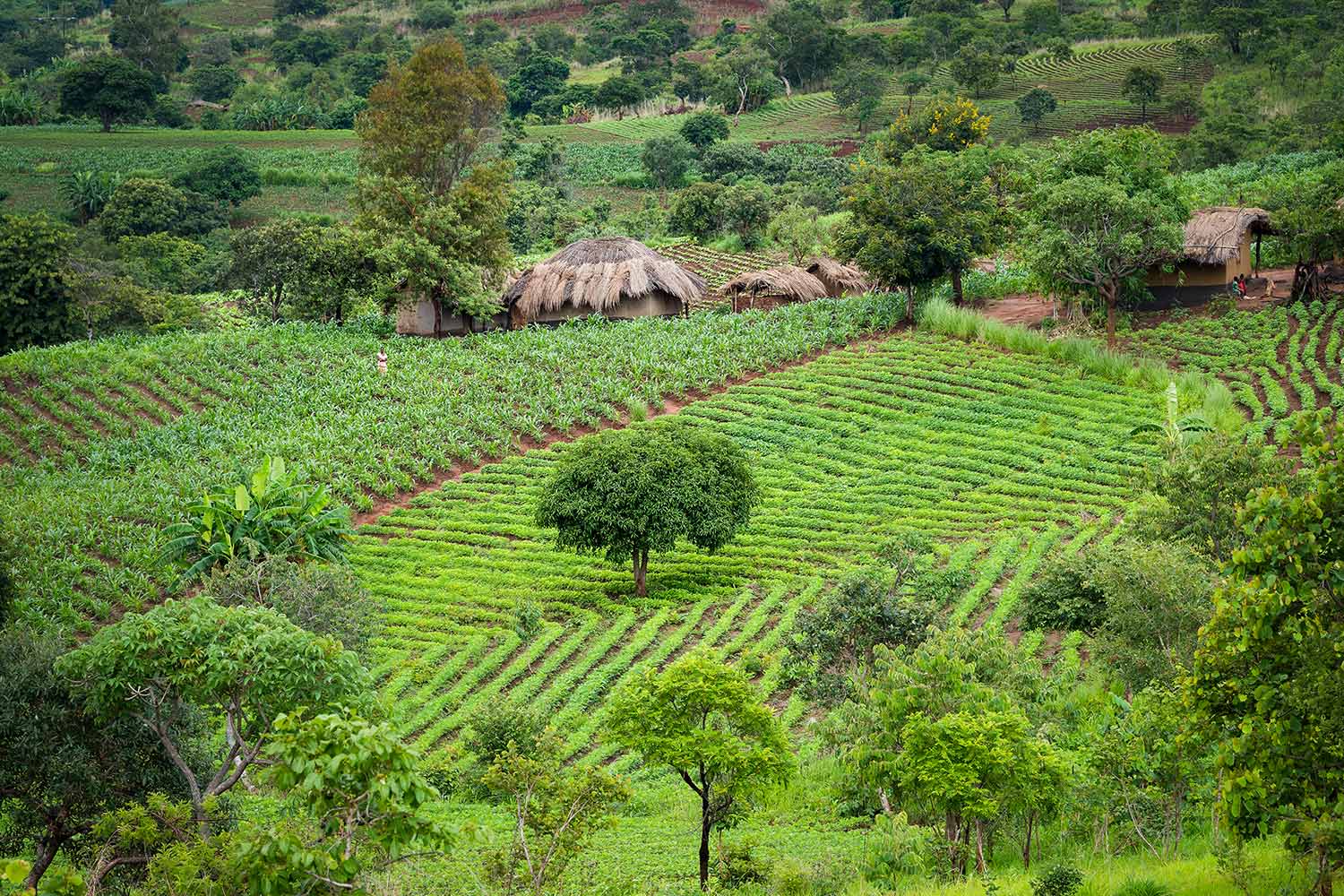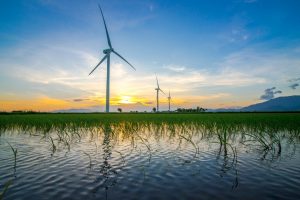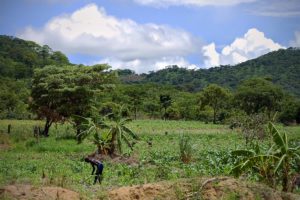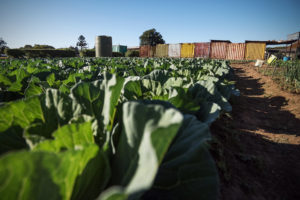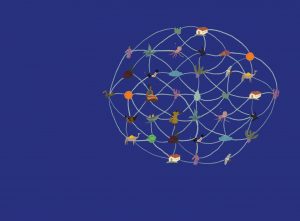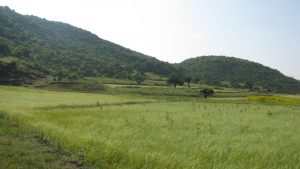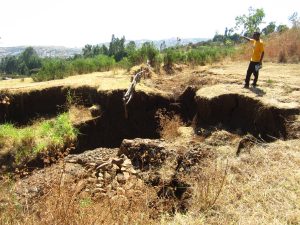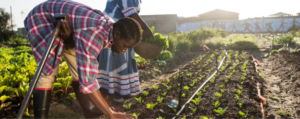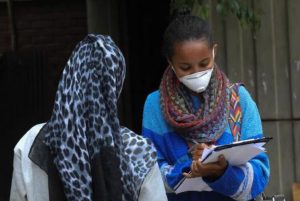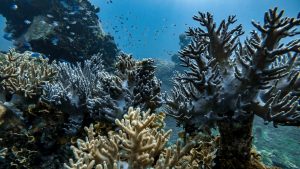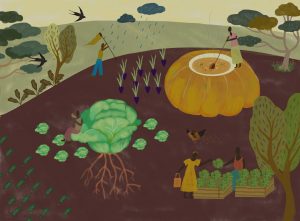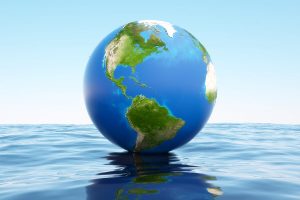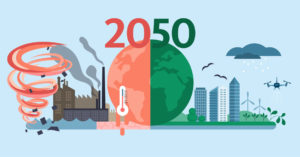Nothing can grow without water and so our entire food production, and thereby our very existence, depends on farmers having access to the water they need for their crops. In the next three decades, agriculture must undergo a major transformation so that we can produced 50-70 per cent more food, without using more water.
Agriculture may be biggest water-related challenge of all. Already today, 70 per cent of all freshwater withdrawals go to farming but that share needs to be significantly reduced. If we are to feed the 10 billion people estimated to live on our planet by 2050, agriculture must shift to much more water efficient crops and practices. At the same time, we must address other threats such as increasingly degraded soils and the water pollution from farms.
Food security
In many parts of the world, farming is becoming increasingly difficult, as global warming makes rainfall patterns more unreliable. A UN report describes droughts as “the next pandemic” and research points to the risk of drought being permanent for 25 per cent of Earth by 2050. Climate change is not the only culprit, the situation is aggravated by poor water management and farming practices that lead to degraded soils.
The quest for the best possible agricultural water management is of particular importance to the world’s small-hold farmers. Globally, they are the backbone of the food production, and their ability to water their crops is critical for food security, health, job creation, poverty reduction, and building of sustainable communities.
Increasing the productivity of small farms requires investments in the right kind of water management. A healthy and successful relationship between agriculture and water is not a question of finding a universal solution, it is about understanding local conditions and using this knowledge to design the best possible solutions. There are many innovative solutions, such as small-scale irrigation, rainfed agriculture, soil and water conservation, and various combinations of relevant methods. Many of these practices are already in use on a local level but they often attract little attention and almost no finance.
“Plants depend on green water and ignoring this will have devastating consequences for food security.”
A crucial aspect of successful agriculture and water management is to understand what crops farmers can and should grow. A recurring advice is increased diversification, something which will often benefit the crops, the soil, and the biodiversity – and how they relate to each other. The challenge is to simultaneously improve water management, improve yields and give more people access to clean water and safe sanitation.
Water management
One important breakthrough in the understanding of how smallholder farmers can become more resilient is linked to SIWI’s Senior Scientific Advisor, the globally renowned water expert Malin Falkenmark, who coined the term green water. Green water is, simply put, the moisture trapped in the soil.
Falkenmark suggests that proper management of this resource is a vital response to the need for sustainable farming, most notably in Africa, and that it would have a great positive impact on food security on the continent. Improved food production will, in turn, reduce the need for food import which will create jobs and help stimulate local and national economies. Parallel to that, farming based on good rainwater management is a sustainable and resilient form of agriculture. On a continent increasingly faced with the effects of climate change, this is paramount.
Water pollution
There is also a reversed linkage between agriculture and water, a far more problematic one, and one which needs urgent attention. Globally, agricultural practices are responsible for a large proportion of the pollutants that slowly make their way to the sea, through the watercourses and groundwater that billions of people rely on. This aspect is of outmost importance and an integral part of several SIWI initiatives and projects, one of which is the extensive work related to the so-called source-to-sea concept, highlighting the connection between what happens on land, along watercourses and in the sea.
